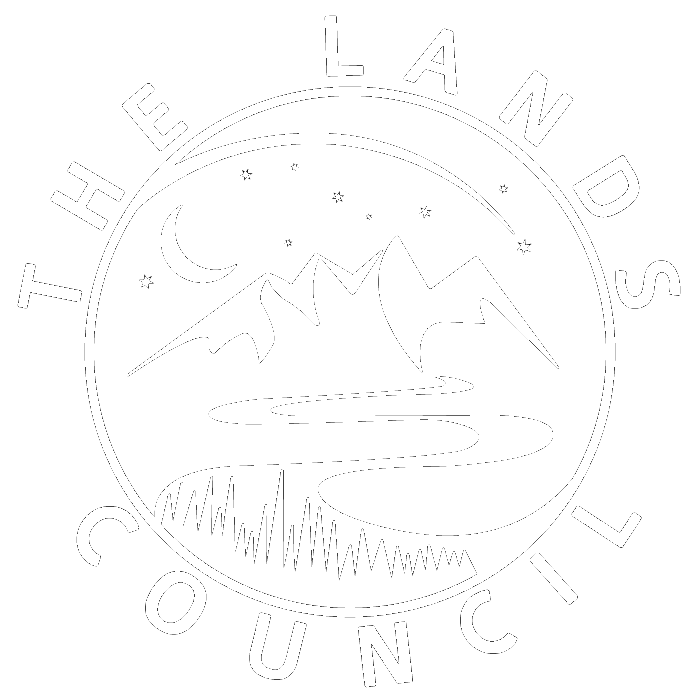By Adam Gebauer
Recently, there has been much headway in the continued process of returning salmon above the blocked areas of the Upper Columbia above Chief Jospeh Dam and Grand Coulee, including the Spokane Watershed. There are a lot of state and federal funds to support salmon and habitat restoration in Washington but because salmon have been blocked from these waters for over 80 years this funding does not always reach this side of the state. First and foremost, salmon are imbedded in the culture of the Tribes of the Upper Columbia and these sovereign nations have treaty rights with the US government to fish in their “usual and accustomed” places. Salmon play a key role in the ecosystems of the inland Northwest. Along with being both prey and predators, they bring ocean derived nutrients and deposit in them in our inland forests along their natal streams. Supporting healthy populations of salmon can also have huge impacts to the economics of the region.
TLC submitted comments to the federal agencies that manage the dams and waters of the Upper Columbia in support of the Upper Columbia United Tribes’ continued effort in studying reintroduction of Salmon to these waters. The tribes and partners are in the second phase of a 20 year long project to assess the habitat and survivability of salmon moving through the hydroelectric operations in this watershed without altering their operations.
TLC is also submitting comments in support of the Superfund designation for the Upper Columbia. This area suffers from heavy metal and toxic pollutants from an upstream smelter in Canada, although that operation has paid for studies determining the extent of these pollutants, there is not funding to pay for the full extent of the cleanup required. The Superfund designation opens funding opportunities to continue cleaning up these water and adjacent lands, supporting the rural communities – both on and off tribal lands – along the river.
The Spokane Salmon Restoration Collaborative: SSRC has received lead entity recognition from the WA State Governor’s Salmon Recovery Office. This allows the myriad of conservation, restoration, and tribal entities in the region to access funds for habitat restoration, land acquisition, and blocked passage removal. TLC has taken an active role in this process by being a member of the lead entity.
TLC has already been immersed in projects funded by the Salmon Recovery Office in Pend Oreille County including working with the Kalispel Tribe and Colville National Forest on the restoration of a stretch of the West Branch of LeClerc Creek and the ongoing work to realign a bridge over Mill Creek. Both of these projects aim to improve habitat for the endangered Bull Trout and supporting other native trout species.
Much of the funding from the Salmon Recovery Office comes from the Climate Commitment Act. The watersheds that The Lands Council work in are already underfunded and if the CCA is repealed these funds will be even scarcer, all this during a time when so much progress is being made. TLC continues to advocate and take actions to restore salmon and improve habitat and water quality in the Inland Northwest.



